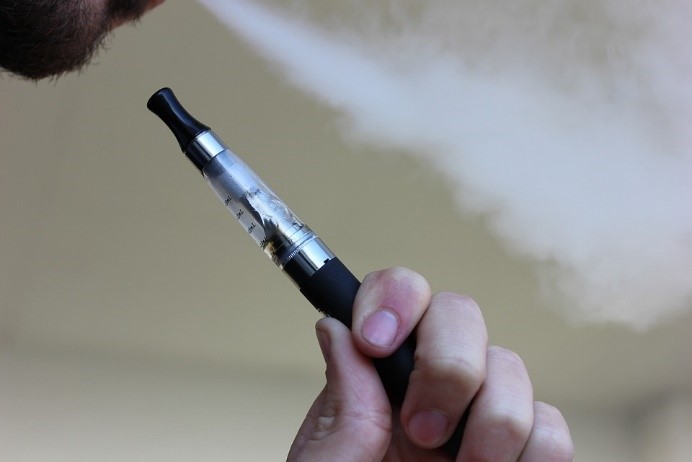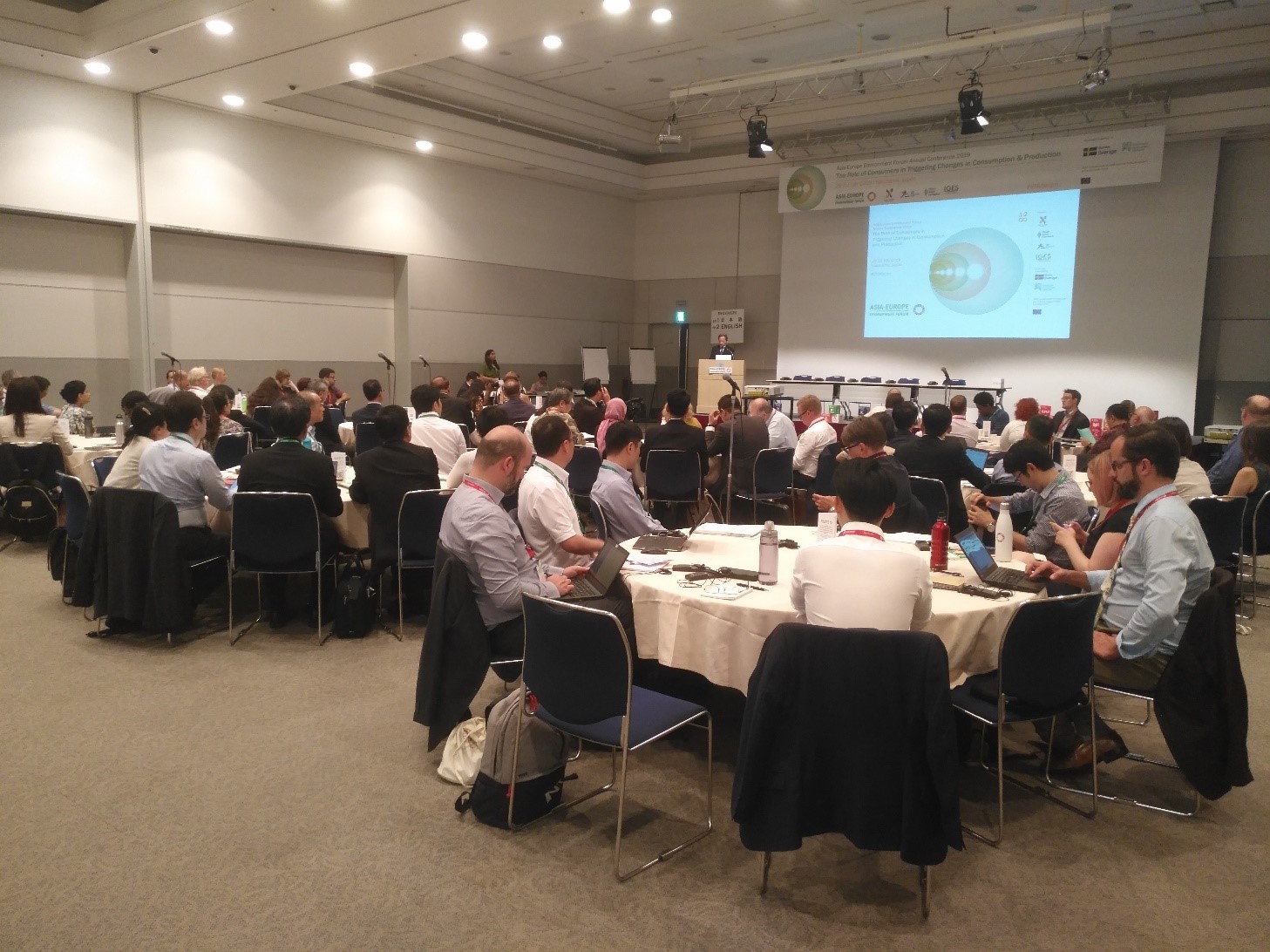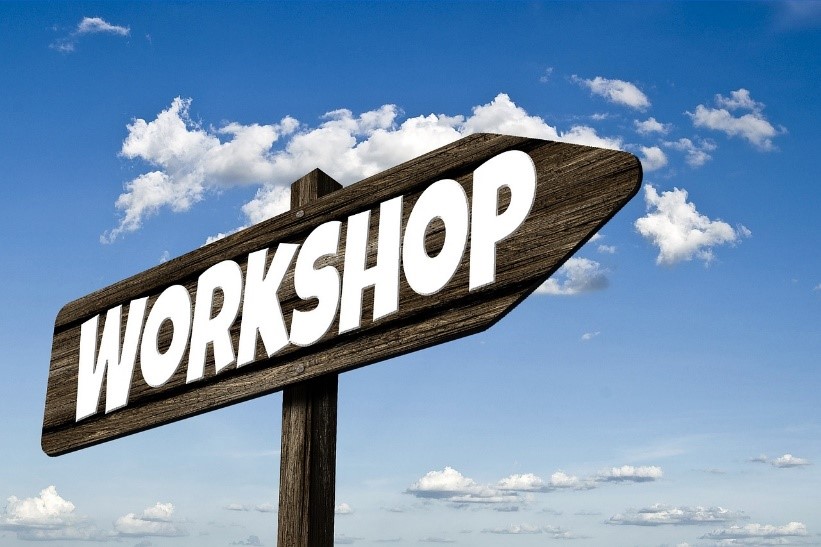Free workshop on accessibility in authoring tools
From 23 September 2019, public websites & apps need to be accessible for persons with disabilities (Web Accessibility Directive). The European Standard, EN 301549, can help meet this obligation, with authoring tools playing a key role in the design of accessible websites. With this in mind, we are delighted to be hosting a training workshop with Funka, market leaders in web accessibility. The workshop will take place on 17 October (11h00-16h00) in Brussels. It is free of charge, with lunch and networking breaks included. Online participation is possible, but since the workshop will be interactive and use breakout groups, online participation will not offer the same experience. To participate, please register at https://bit.ly/2GjPY8K. The workshop is part of an EU-funded research project We4Authors. For more on other workshops within the project, visit https://bit.ly/2kjv4PE. |
Lead story
Interview with Jens Henriksson, ANEC Vice-President
The 30th ANEC General Assembly meeting elected Jens Henriksson (Sweden) as ANEC Vice-President for the term 2019 to 2021 by acclamation. Jens is a long-standing member of the General Assembly and Steering Committee. He succeeds newly-elected ANEC President, Dermott Jewell, as Vice-President.
Jens was kind enough to grant us an interview on his election.

First of all, congratulations on your election as ANEC Vice-President!
You have been Swedish member of the General Assembly for 20 years, as well as a member of the Steering Committee. What keeps you passionate and motivated to further ANEC in its goals?
The way the collective consumer voice in standards make a real difference through ensuring standards address important consumer concerns and consumer rights. Markets don’t function without standards and consumers need to be present at the table to make these standards effective and market relevant.
Are there particular areas of ANEC's work that you consider vital in its mission to raise standards of protection and welfare for all consumers?
Sustainable development and, in particular sustainable consumption, are key for consumer-relevant standards. The consumer voice must be heard in facilitating the transition to a sustainable society. Additionally, universal design principles need to be addressed in relevant standards to make standards cater for the needs of all consumers, respecting their full range of abilities.
You are also a long-standing member of the ISO Consumer Policy Committee (COPOLCO). How do you view the relationship between European and international standardisation?
Markets are becoming more global so requiring global solutions. Europe needs to be represented at the global level, full stop. The sparse resources available to ANEC & Consumers International mean that they need to work towards evermore effective cooperation in representing consumers in ISO & IEC. This said, European standards will remain of uttermost importance to European consumers, noting their support to both harmonized products and products falling under the General Product Safety Directive.
Last but not least, what would you like to achieve in your new role?
With the best of my ability, to support ANEC in its strategic work to be fit for future consumer challenges, especially in relation to the ever-increasing role of standards in addressing sustainable development and, no doubt, climate change.
Thank you, Vice-President!
Thank you!
Child Safety
ANEC opposes change to standard on bathing aids
During the summer, a consultation took place within CEN TC 252 WG1 ‘Child care articles – seating and body care’ on a proposal to delete the requirement for the marking of the maximum level of water from EN 17072:2018 'Bath tubs, stands and non-standalone bathing aids', in favour of a statement to use as little water as possible.
ANEC strongly disagrees with this proposal. The marking of the maximum level of water on these products is simple, clearly visible and objective. A request to use “as little water as possible’ is subjective and could lead to different interpretations which may jeopardise the child’s safety.
Furthermore, Commission Decision 2010/9/EU of 6 January 2010, on the safety requirements to be met by European standards for bath rings, bathing aids and bath tubs and stands for infants and young children, clearly indicates that for bathing aids, “… the maximum level of water to prevent water entering into the child’s mouth, … should be conspicuously displayed on the packaging, on the product …”.
The result of the consultation is awaited.
ANEC wants standards for window blinds to be confirmed
EN 16433:2014 ‘Internal blinds - Protection from strangulation hazards - Test methods’, and EN 16434:2014 ‘Internal blinds - Protection from strangulation hazards - Requirements and test methods for safety devices’, were out for Systematic Review until 2 September. These European Standards were developed by CEN following a request from ANEC, following several cases of children having died after becoming entangled in blind cords. In its reply, ANEC asked for both standards to be to confirmed for a further 5 years.
Accessibility
Standard on accessibility of the built environment progresses
prEN 17210 ‘Accessibility and usability of the built environment - Functional requirements’ was supported during the CEN Enquiry, with only Belgium, Finland, Germany & Switzerland voting against. ANEC leads the drafting of the standard.
We are pleased the intended complementary relationship between this standard and similar national standards has been understood by most countries. The technical European standard will set only functional accessibility requirements, leaving performance criteria to national standards.
Horizontal
ANEC contributes further to review of Machinery Directive
During August, ANEC contributed to a public consultation on the possible revision of the Machinery Directive, the second phase of the review process announced by the European Commission (EC) at the beginning of 2019. We confirmed our views during an interview at the beginning of September.
We stressed the need to update the Directive to improve safety levels further and take account of the latest IT innovations, addressing aspects related to emerging digital technologies (e.g. AI, cybersecurity, IoT). We proposed to add accessibility requirements in the Directive, and to make reference to the UN Convention on the Rights of Persons with Disabilities (mirroring the Lifts Directive, for example).
We repeated our long-held concerns about the continued absence of a European legal framework for fairground & amusement park equipment. Over the years, the concept and design of amusement park equipment has evolved, leading to bigger, and more exciting (but more hazardous) attractions. Unfortunately, there remain instances of very serious accidents.
Noting the growing popularity of e-scooters, we believe the Machinery Directive could be used to address some of the risks arising from use of these vehicles. For example, the possibility to introduce an Acoustic Vehicle Alerting System (AVAS), similar to that for hybrid or electric cars.
Our final points touched on sustainable consumption. We asked for the revision to consider the renting of machines (e.g. DIY tools) by consumers.
For fuller information, see https://bit.ly/2m04Z8G.
Eco-design
Eco-designed lighting helped save up to 1330€
1 September saw the 10th anniversary of the start of the phasing out of inefficient lightbulbs. Thanks to the Ecodesign Directive, incandescent and halogen light bulbs have been progressively phased out, in favour of more efficient LEDs.
To mark the anniversary, ANEC & BEUC commissioned Öko Institut to demonstrate the positive financial impact of the Ecodesign lighting regulation on consumers. Its study reveals that the average European household has saved up to 1330€ over the decade.
The full results, and our press release, can be found at https://bit.ly/2ZxrJ22.
Sustainability
ANEC wants to light debate on e-cigarettes & e-liquids
 Photo credit: https://pixabay.com/photos/e-cigarette-vaping-1301664/
Photo credit: https://pixabay.com/photos/e-cigarette-vaping-1301664/
In the context of our participation in CEN TC 437 ‘E-cigarettes and e-liquids’, ANEC has published a new paper, ‘E-cigarettes and e-liquids - Limits for chemicals. Basis for discussion’. See https://bit.ly/2jYHEDy.
E-cigarettes are seen by the EU Scientific Committee on Health, Environmental & Emerging Risks (SCHEER) as a health and environmental issue. Unfortunately, the regulatory framework is not yet able to protect users of these products. Notably, the substance specific limits of ingredients in e-liquids or emissions are missing.
Our paper is intended to stimulate the debate on how to address substances in e-liquids, as well as substances formed or released during vaping. It suggests limits for 39 substances in e-liquids and for 7 in emissions. Looking ahead, we believe adopting a positive list of allowed flavours may be better than setting thresholds for many hundreds (or even thousands) of substances.
Dr Franz Fiala, ANEC Representative in CEN TC 437, will present the paper to the TC plenary meeting on 24 September.
ANEC speaks in Asia on sustainable consumption
In July, the ANEC Sustainability WG Co-chair, Boštjan Okorn, presented our views on Sustainable Consumption & Production (SCP) at the Asia-Europe Environment Forum Conference in Yokohama. The conference this year was dedicated to 'the role of the consumer in triggering changes in consumption & production’ and was intended to share views and good practices on triggering SCP and implementation of the SDGs.
In a discussion on single-use plastics and consumer behaviour, Mr Okorn presented the European experience and ANEC position. He also participated in a group which considered the role of consumers in plastic overconsumption. The consensus was that a total ban on plastic is perhaps impractical and hence focus should be on the implementation of complementary policies, especially those that can help enable a reduction in the volume of materials used.

Digital Society
Journalism Trust Initiative
ANEC is participating in development of a CEN Workshop Agreement (CWA), aimed at developing a verifiable set of rules and benchmarks for trustworthy news and journalism (the ‘Journalism Trust Initiative’).
The objective of the CWA is to provide tools to address fake news Its initiators are Reporters Without Borders (RSF), supported by the Global Editors Network (GEN), European Broadcasting Union (EBU) and Agence France-Presse (AFP).
The draft CWA is available for public comment until 18 October 2019. Please visit https://bit.ly/2XqN9h0.
Traffic & Mobility
ANEC starts work on CRS on buses
Although the focus on the safe transport of children tends to be on travel by car, the safety of children travelling by bus is equally as important.
Hence in July, ANEC was able to welcome the creation of an informal group on Child Restraint Systems (CRS) in buses under the Working Party on Passive Safety (GRSP). The aim is to develop a Regulation on the safety of children on buses.
We participated in the group’s kick-off meeting in Madrid and intend to take a key role in its discussions.
News from ANEC member countries
17% of tested food packaging has unwanted chemicals



Think Chemicals of the Danish Consumer Council made a new test to investigate whether a range of colourful cardboard and paper packaging led to food and drink coming into contact with unwanted substances. Unwanted substances can be released from colourful prints on disposable packaging (e.g. paper straws, paper bags for pick-and-choose confectionary, and coffee cups). Problematic substances are primary aromatic amines and UV filters.
The test was conducted in collaboration with three other consumer organisations (Altroconsumo in Italy, OCU in Spain and Forbrukerrådet in Norway) and covered 76 kinds of packaging intended for contact with food or drink.
In total, 17% of the products tested had a high content of potential carcinogens or showed a high migration of other substances related to the printing. The current legislation for most food packaging materials requires only that the packaging does not release chemicals in quantities that pose a risk to health.
The results of these tests reinforce our call for consistent regulation of materials in contact with food. See our Position Paper, developed as a contribution to the EC’s evaluation of legislation on Food Contact Materials.
| List of meetings 2019 |
For comments or if you wish to write an article for the ANEC Newsletter, please contact: Marijana ANTAROROVA (This email address is being protected from spambots. You need JavaScript enabled to view it.).



